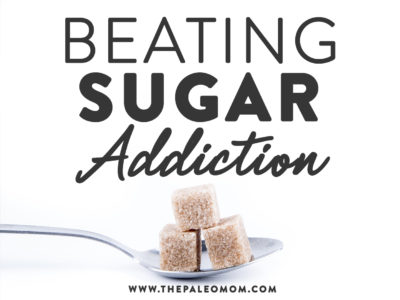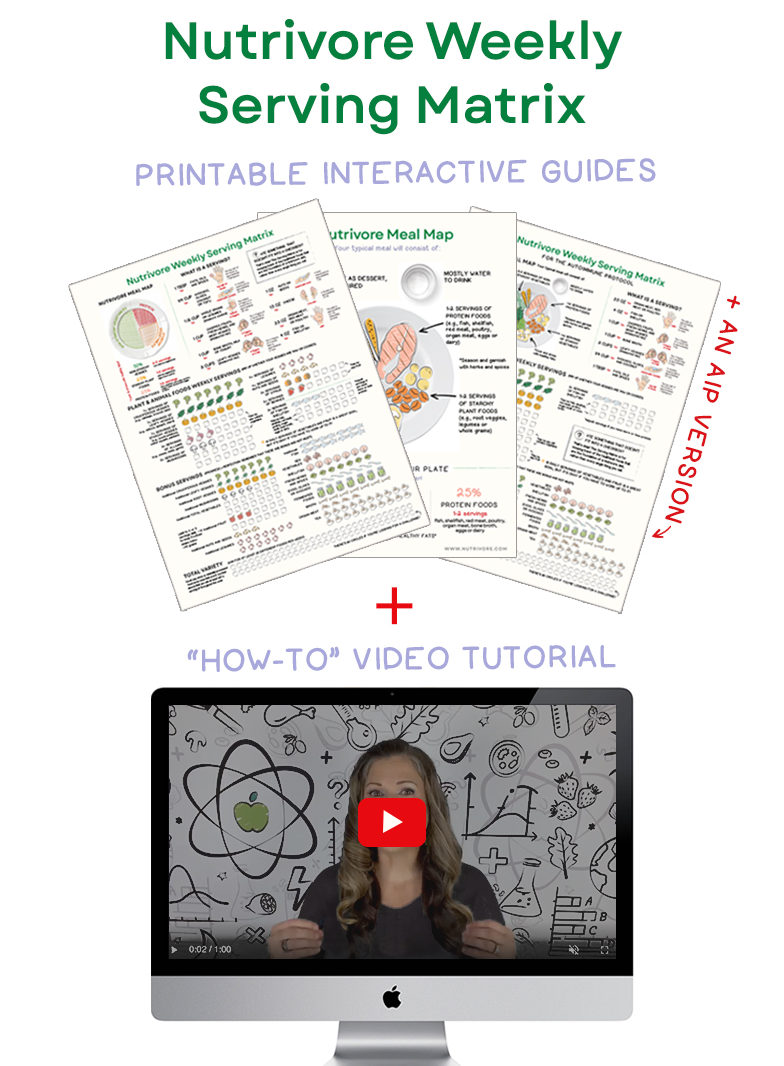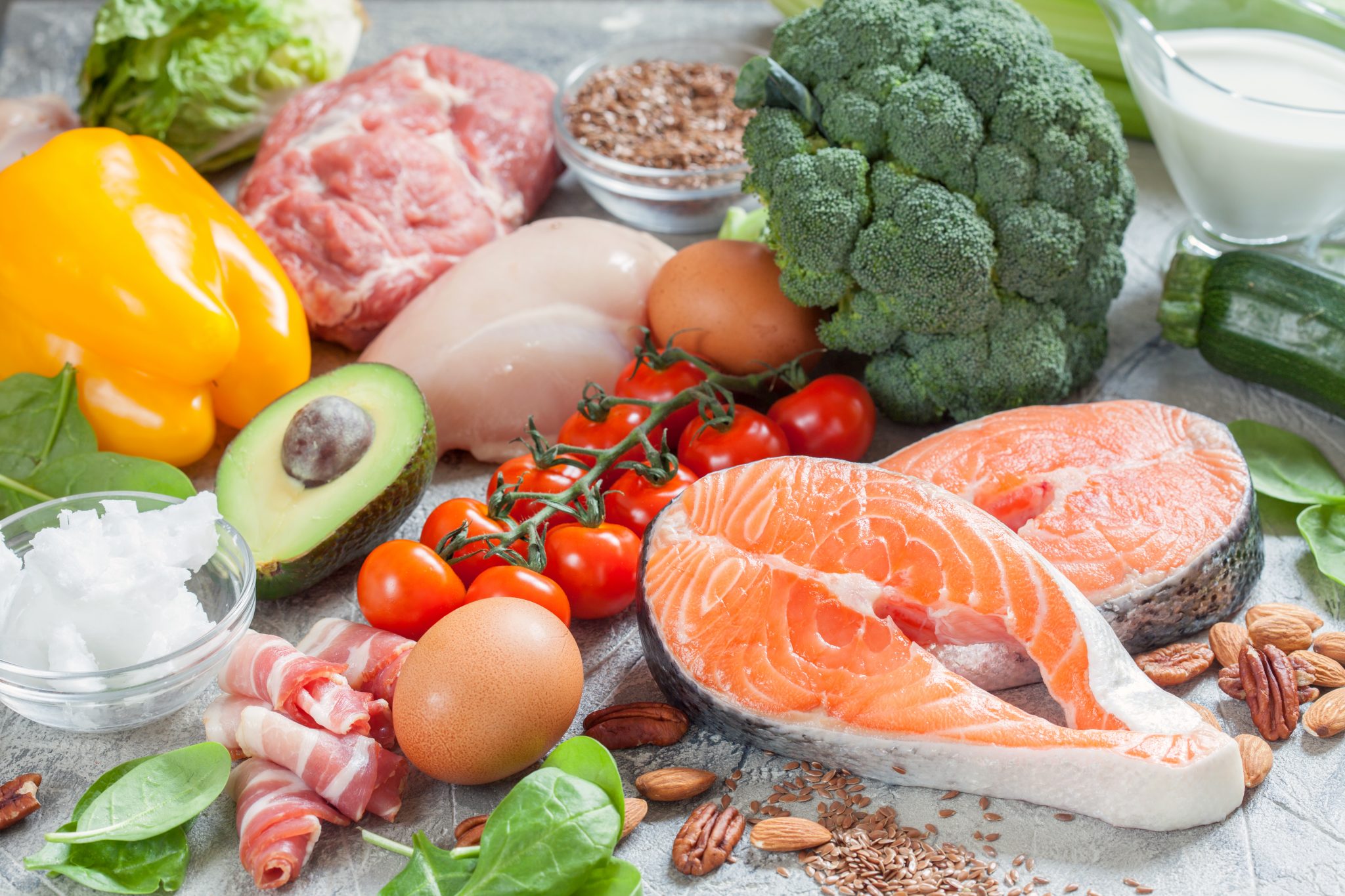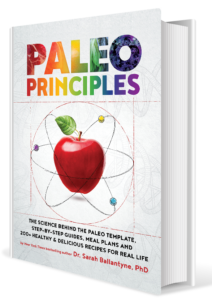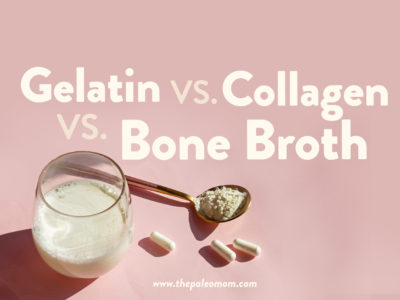Hello. My name is Sarah and I am a sugar addict. It’s been 61 days since my last dessert.
It’s not a joke. Sugar is addictive. And while sugar addiction may be nowhere near as life-threatening or destructive as alcohol or drug addiction, it is still negatively impacts your health. Frequent consumption of not just sweets but any food high in carbohydrates profoundly alters your hormones (like insulin and the hunger hormone leptin) and alters your metabolism. The more sugar you eat, the more your body wants. You crave it, can’t stop thinking about it, and you feel crummy when you abstain from it. That’s the definition of addiction. And eating too much sugar greatly increases your risk of serious health conditions, like heart disease, diabetes and cancer.
The good news is that the physical addiction to sugar is fairly easy to beat. I recommend going cold turkey. Okay, wait a minute. If you are eating alot of carbs now, I recommend a gradual decrease in your carbs (especially super sweet foods) over about a month before going cold turkey. And by cold turkey, I don’t mean no carbs. Eat lots of vegetables and maybe even some fruit (check out my post How Many Carbs Should You Eat? for a guideline on how low to go). It takes most people 2-3 weeks of eating a low-carb diet to adjust. Even if you gradually decreased your carb intake first, those first few weeks after going cold turkey are pretty awful. You’ll feel tired, cranky, hungry, and you might have headaches or feel nauseous. You’ll need a lot of discipline to get through the cravings, but it’s the easiest way (maybe the only way) to beat the bad habit of consuming too much sugar. And once your body kicks into a metabolism that runs better on fat (which is a healthier and more natural state for our bodies to be in), your energy will come back, your mood will pick up, and you may even notice that you’ve lost a few pounds. To get through that adjustment, make sure you are eating lots of fat with your meals (coconut products can be especially helpful), keeping busy during the day, and getting lots of sleep.
The bad news is that the emotional addiction to sugar can take a loooooong time to beat. I feel like I may never really beat it. I guess it’s like an alcoholic who can never take a drink again and who looks at it longingly even after years of being sober. I look at a piece of chocolate cake and I want it. I long for it with every fiber of my being. The thing that keeps me from eating it is the deep knowledge that I will feel absolutely terrible if I succumb. And that after I recover from that awful nauseous, headachy, dizzy feeling of my blood sugar skyrocketing, I will want more. And it will be easier to succumb the second time. Knowing about the Slippery Slope keeps me on The Straight and Narrow.
So, how do you deal with sugar addiction? I’m not talking so much about the physical addiction, but that long lasting emotional one. For some practical strategies for dealing with the habit aspect of sugar addiction, check out my post Breaking the Habit of Dessert. Also check out my post FoodAssociations: Changing the Paradigm. As for some more general survival strategies, here are some additional tips:
1. Don’t keep sweets in the house. Whatever your greatest weakness is, don’t have it where you can reach it in the midst of a strong craving.
2. Don’t use artificial (or natural!) sweeteners. They fool the body into thinking it’s about to get something sweet, so your insulin spikes, which makes your blood sugar plummet, which makes you crave sugar even more.
3. Use 85% or higher dark chocolate to ease the cravings. It doesn’t actually contain much sugar and once your body has adjusted to an overall lower carbohydrate level, it will taste quite sweet.
4. Try not to substitute eat. This means that you should try not to eat an entire jar of almond butter because what you really want is ice cream. If you absolutely need a substitute, try and find something harmless. I drink alot of herbal teas when I’m craving sweets, especially ginger tea and Trader Joe’s Ruby Red Chai (a chai-spiced rooibos tea).
5. Eat high (good) fat foods. I am especially fond of coconut with or between meals to deal with cravings. But check out tip #4 before you open up that bag of coconut flakes.
6. Eat a wide variety of healthy (Paleo) foods, including lots of vegetables (the whole rainbow) and some organ meats. Many cravings reflect a lack of some nutrient. One of the best ways to avoid cravings is to consume everything your body needs.
7. Don’t fool yourself into thinking that just once won’t hurt. If you decide to have one treat (on your birthday for example), know that you will have to work extra hard to avoid sweets over the next few days.
Nutrivore Weekly Serving Matrix
An easy-to-use and flexible weekly checklist
to help you maximize nutrient-density.
The Weekly Serving Matrix is very helpful! I’ve been eating along these lines but this really helps me know where to focus vs. which foods serve a more secondary role. It’s super helpful and has taken a lot of worry out of my meal planning. Thanks!
Jan
8. Remind yourself about how hard it was to beat the sugar habit and how much better you feel for it. Just taking a moment to remember how much work it took to get here just might be enough to keep you straight. Feeling good is no small thing.

